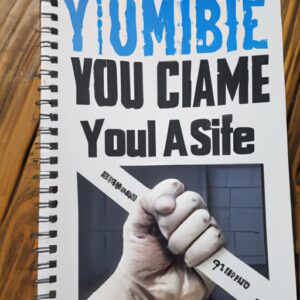How to Conduct Great Remote Podcast Interviews: Tips and Best Practices
Hello and welcome to this article on how to conduct great remote podcast interviews! As a science educator with a PhD, I’ve had my fair share of remote interviews as both the interviewer and the interviewee. In this piece, I’ll be sharing my top tips and best practices for conducting great interviews remotely. So let’s get started!
Tip #1: Test your setup beforehand
Before conducting any remote interviews, it’s important to test your setup beforehand. Ensure that your mic and camera are working, and that you have a stable internet connection. Trust me, you don’t want to be in the middle of an interview and have technical difficulties. It’s also a good idea to try a test run with a friend or family member to get comfortable with the setup.
Tip #2: Prepare your questions in advance
Preparation is key when it comes to conducting great remote podcast interviews. Do your research on the interviewee and prepare a list of questions in advance. However, it’s important to remember that interviews should be a conversation, not an interrogation. Make sure to listen actively and follow up on interesting points.
Tip #3: Create a comfortable atmosphere
Creating a comfortable atmosphere is essential for getting the most out of your interviewee. Make sure to introduce yourself and build a rapport with the interviewee before launching into the questions. You can also consider adding some small talk before recording, such as sharing a funny story or discussing current events.
Tip #4: Be aware of your tone and inflection
Your tone and inflection can greatly impact the quality of your remote podcast interview. Make sure to vary your tone to keep the interview engaging, and to highlight important points. Also, be mindful of your pacing and avoid speaking too quickly or too slowly.
Best Practice #1: Use video whenever possible
Using video is always preferable when conducting remote interviews. It’s easier to build a connection and gauge reactions when you can see the interviewee. If video isn’t possible, consider using an audio recording platform that allows for real-time collaboration.
Best Practice #2: Send follow-up questions
After the interview, sending follow-up questions can be a great way to deepen the conversation and get more detailed responses. Make sure the questions are thoughtful and relevant to the interviewee’s expertise.
Best Practice #3: Edit judiciously
Editing is an important part of producing a great podcast, but it’s important to edit judiciously. Make sure to keep the essence of the interview intact and avoid taking things out of context. Remember, the goal of conducting great remote podcast interviews is to share knowledge and insights with listeners.
And there you have it, folks! My top tips and best practices for conducting great remote podcast interviews. As always, practice makes perfect, so keep at it and have fun!






